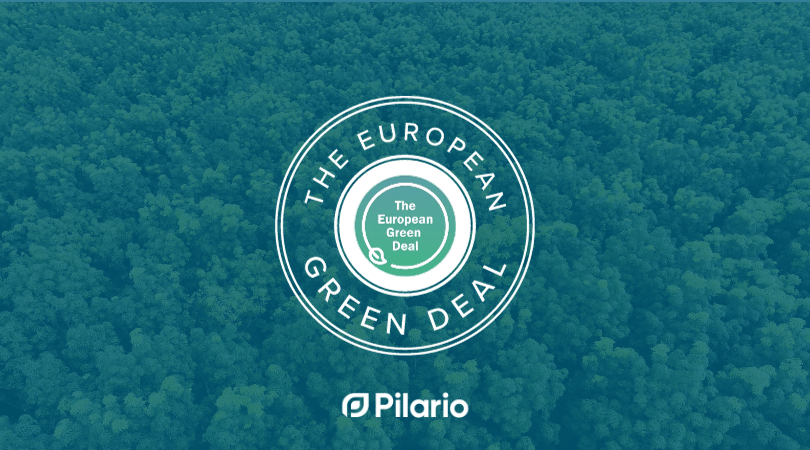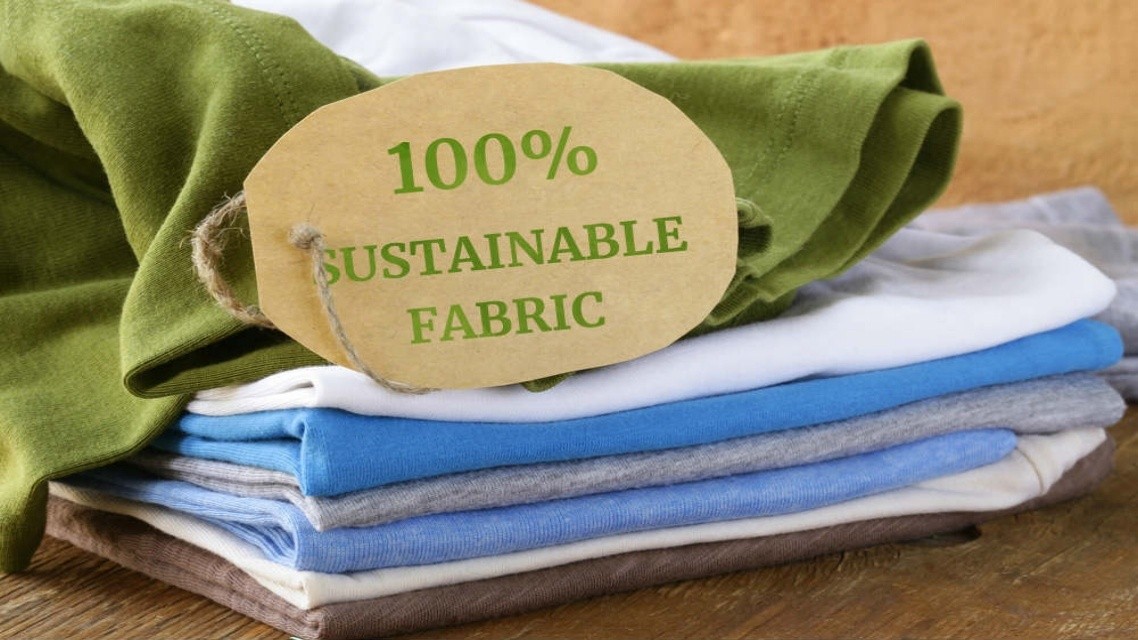
8 June 2023
The EU Green Deal: Creating a Climate-Neutral Europe
The EU Green Deal is a roadmap with the goal of making Europe the world’s first climate-neutral continent. At its core, the green deal focuses on sustainable growth and an inclusive transition.
One important aspect of the EU green deal is the validation of environmental claims through scientifically grounded methodologies, known as Green Claims. This is closely related to the emergence of the PEF method (Product Environmental Footprint).
The PEF method plays a crucial role in addressing the need for a reliable method to make Green claims. Its calculated scores are not only comparable but also facilitate effective communication with customers, consumers and stakeholders. This approach empowers all parties to make informed choices, by providing accurate and comparable environmental information.
What is the EU Green Deal ?
The EU Green Deal represents an ambitious roadmap to make Europe the world’s first climate-neutral continent by 2050. It includes a wide range of initiatives aimed at combating climate change, preserving biodiversity, and encouraging a circular economy.
The EU Green Deal serves as the incentive for a transformation of the European Union, leading it towards a modern, competitive, and resource-efficient economy. Its objectives includes:
- Increasing the EU’s climate ambition for 2030 and 2050
- Supplying clean, affordable, secure energy
- Mobilizing industry for a clean and circular economy
- Building and renovating in an energy and resource efficient way
- A zero pollution ambition for a toxic-free environment
- Preserving and restoring ecosystems and biodiversity
- Farm to Fork: a fair, healthy and environmentally friendly food system
- Accelerating the shift to sustainable and smart mobility
Moreover, the EU Green Deal serves as our guiding light in post-COVID-19 recovery. A substantial part of the €1.8 trillion from the NextGenerationEU Recovery Plan and the EU’s seven-year budget funds the EU Green Deal.
Driving Resource Efficiency: Unveiling the Circular Economy Action Plan
The Circular Economy Action Plan, integral to the EU Green Deal, accelerates the shift to a sustainable, resource-efficient economy
The main objective of this comprehensive action plan is to transform production and consumption practices, reduce waste generation, and promote the principles of a circular economy. It involves promoting measures for extended producer responsibility to facilitate the transition to a circular economy. This initiative primarily focuses on key sectors, including packaging, plastics, textiles, food, water, and nutrients, aiming to bring about significant positive changes.
This means that producers are accountable for the entire lifecycle of their products, from design to disposal.
By embracing responsibility for the environmental impact of their goods, manufacturers are pushed to develop more sustainable designs, boost durability, and permit simpler recycling or reuse.
Implementing those circular economy practices will not only benefit the environment but also bring numerous advantages for businesses. By optimizing resource use and reducing waste, companies can achieve cost savings through improved efficiency and reduced raw material consumption

The EU Green Deal and the Circular Economy Action Plan: Green Claims
As part of the European Green Deal, the Circular Economy Action Plan includes a requirement for businesses to validate their environmental claims using verified methodologies. These are environmental claims, better known as Green Claims. Green claims serve the dual purpose of preventing greenwashing while protecting consumers and the environment.
Consumers will be able to make more informed purchasing decisions if environmental labeling and claims are legitimate and trustworthy. It will also boost the competitiveness of companies seeking to enhance the environmental sustainability of their products and operations.
This green claims proposal aligns closely with other EU policies, including:
- Empowering consumers for the green transition
- Promoting ecodesign for sustainable products
- Putting the farm-to-fork strategy into action and creating a legislative framework for sustainable food.
These initiatives aim to create a policy framework that promotes sustainable goods, services, and business models as the standard, while encouraging more sustainable consumption patterns.
The ultimate goal is to significantly reduce the environmental impact of products consumed in the EU and contribute to the overarching objective of achieving the objective of the EU Green Deal: climate neutrality by 2050.

Pilario’s PEF Solution: Enabling Companies to Contribute to EU Green Deal’s Sustainable Vision
By employing LCA, the PEF provides a standardized framework for accurately measuring and comparing environmental impacts.
Pilario offers a suite of PEF tools that allows you to calculate the environmental footprint of 1 product or your complete productsuite. Our easy-to-use tools can be customized to fit your specific needs. You can instantly simulate the environmental impact of your different design choices to see how your decisions affect your sustainability performance.
Whether you’re in the textile, beverages, detergents, or packaging industry, you can quickly and easily calculate your environmental footprint.
Using Pilario’s PEF compliant solutions and models, you can now calculate the environmental footprint of all your specific products & start ecodesign today.